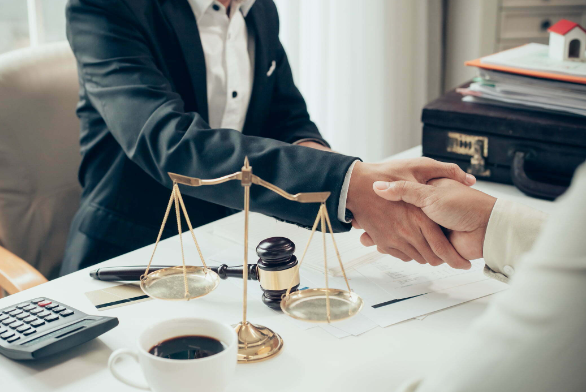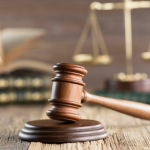The necessity of a lawyer’s expertise can dawn upon anyone, often unexpectedly, for a variety of reasons – managing a real estate transaction, navigating a family law issue, or setting up a business, to name just a few scenarios. The task of finding a lawyer who best fits your needs can seem daunting, but much like any consumer transaction, the key lies in thorough research and evaluation. This article aims to guide you through the process of choosing the right lawyer, subtly incorporating insights from expert lawyers as it unpacks this often-complicated journey.
Identifying the Need
The starting point in this journey is acknowledging the need for a lawyer like Rapid Legal. This could be triggered by various life events that require legal attention or assistance. In this complex legal world, you might need the help of a lawyer who specializes in a specific area of law, akin to how expert lawyers focus their practice on niche legal areas.
A fundamental aspect to keep in mind is that lawyering is a service, and you, as a potential client, have the prerogative to evaluate this service. Much like choosing any other service, it is your responsibility to ensure that you are making a well-informed decision.
The Research Phase
The first step in your quest for the perfect lawyer is research. Starting with a list of potential lawyers could be helpful. Personal referrals often prove to be the most reliable sources – asking friends, neighbours, and business associates could be an excellent place to begin. Such references are valuable because they come from individuals who have had firsthand experience with the lawyer.
In addition to personal references, state bar associations can provide useful resources in finding lawyers who specialize in your area of need. Online resources can be another excellent source, offering a plethora of information along with consumer reviews. These reviews can provide insights into the experiences of other clients with a particular lawyer, much like expert lawyers who often have reviews and testimonials from their clientele.
Evaluation and Consultation
After compiling a list of potential attorneys, the next step is evaluation. Many lawyers offer a free initial consultation – an opportunity you should capitalize on. Be prepared with a list of questions and take notes during the consultation, allowing you to compare the lawyers on your list later.
A key question is regarding the lawyer’s area(s) of expertise. You want to ensure that the lawyer you hire has relevant experience in the area of law you need assistance with. Given the vast number of practice areas within the legal field, it’s not unusual for lawyers to specialize in specific areas, much like expert lawyers.
Legal advice can be costly, so it’s essential to ask about potential costs upfront. A lawyer should be able to provide a ballpark estimate of the charges during the initial consultation.
Understanding the structure of the legal team is also crucial. Some lawyers work individually, while others have paralegals or outsource legal work to other lawyers. Knowing who will be handling your file can impact the quality of service you receive and the cost.
Communication style and efficiency is another critical aspect. Understanding how the lawyer communicates with their clients and their response time can have a significant bearing on your experience.
In addition to getting answers to these questions, you should ensure you and your potential lawyer are a good personality fit. It’s important to ask yourself: Do I feel comfortable with this lawyer? Will I feel at ease asking questions and raising concerns?
Final Checks
Once you have shortlisted a potential attorney, it is advisable to check if they have been subject to any disciplinary actions. This can usually be done by contacting the organization in your state that handles attorney disciplinary matters, often the state bar association.
The process of choosing a lawyer is crucial and often complex. However, with the right approach and thorough research, you can ensure that you make an informed decision. After all, the outcome of your legal matter can significantly hinge on the expertise of your chosen legal representative.



